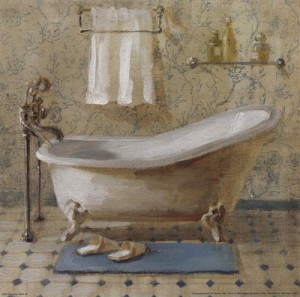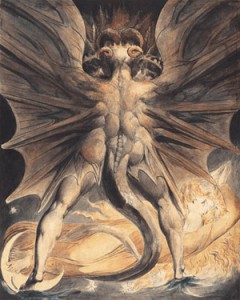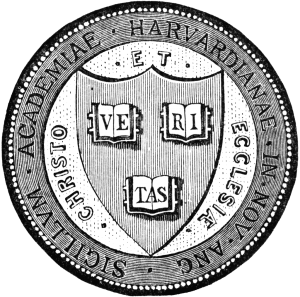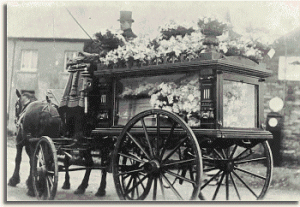 To Daniel MacGhie Cory
To Daniel MacGhie Cory
Hotel Bristol
Rome. Feb. 10, 1935
Dear Cory,
There are many advantages in having you come to this hotel, if you can stand it. You will have the exclusive use of my sitting-room from 11:30 to 5 o’clock; and after 5 o’clock, though I shall be there, you may always come in without fear of disturbing me, because I am only reading, and reading nothing usually that requires much concentration of thought.
You will see that the room is larger and better than the one I had formerly, and very sunny. As you are to be on half pension, like me, I shall expect you to come to lunch with me every day (except when the weather is bad) as in the old days. I will pay for your lunch, of course: but as that will add a good deal to my daily expense (as well as pleasure) I think I might cut down your allowance a little and give you 500 lire a week instead of 2500 a month, as I had promised. Your hotel bill, with 10% for service, and something for washing and drinks, will be about 350 lire a week, leaving you 150 a week for pocket-money. It’s not much; unless you have some other source of income as well, but if you feel cramped you can always leave the Bristol and reduce your fixed expenses, so as to have more loose cash.
Look me up–room 77, at the front end of the passage–when you arrive, unless it is after 10:30 p.m when I usually go to bed: and I don’t reappear, dressed and ready to go out, until about 1 p.m. so that at 12, when I am having my bath, you mustn’t expect to see me.
From The Letters of George Santayana: Book Five, 1933-1936. Cambridge, MA: The MIT Press, 2003.
Location of manuscript: Butler Library, Columbia University, New York NY




